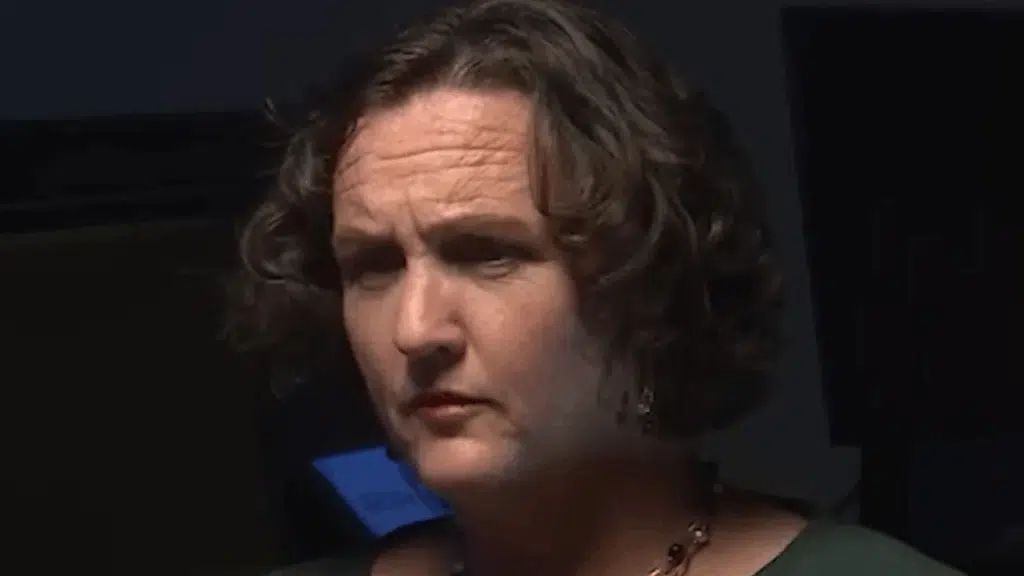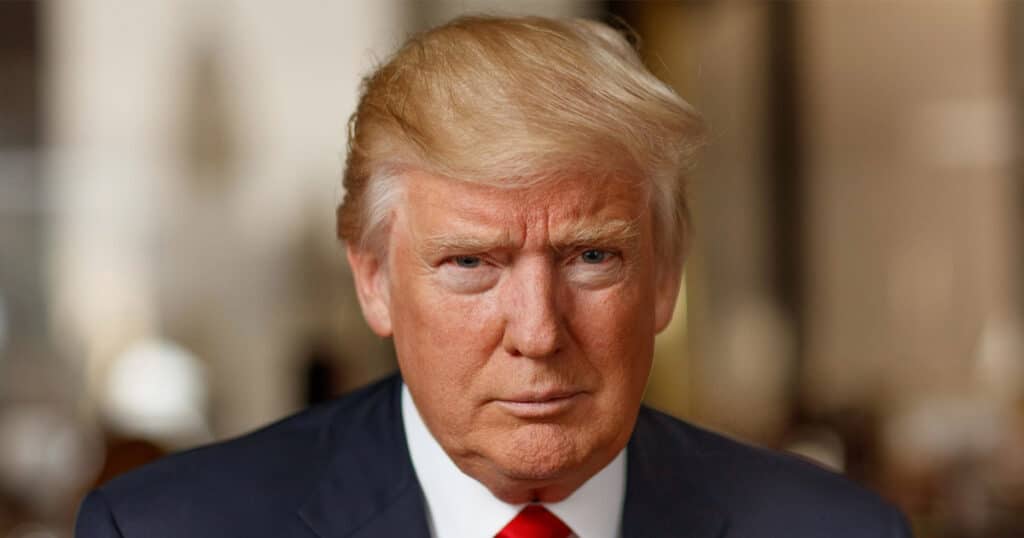
The World Bank Takes a Wrong Turn
By Rupert DarwallFebruary 27, 2023President Biden’s nomination of Ajay Banga, the former CEO of Mastercard, to succeed David Malpass as World Bank president suggests that the Biden administration is prioritizing climate change over the World Bank’s founding mission of poverty eradication and economic development. This was made clear in the president’s statement singling out climate change as the most urgent challenge of our time.
Banga’s nomination turns the clock back four years, to the end of the tenure of Dr. Jim Yong Kim, who had been nominated by President Obama in 2012. Under Kim, the World Bank became an anti-development bank, allowing itself to be captured by climate activists at the expense of the world’s poorest people.
A year after Kim’s appointment, the World Bank adopted a blanket ban on financing new coal-fired power stations – this despite coal being, for many developing nations, the cheapest and most reliable fuel for generating capacity. In 2017, on the second anniversary of the Paris agreement, Kim announced that the World Bank would extend its financing ban to the development of upstream oil and gas.
Keeping fossil fuels in the ground might be gratifying for rich Europeans, but for many developing countries, it is little short of a death sentence. Over two billion people burn biomass – wood or animal dung – for cooking and heating, causing hazardous indoor pollution responsible for an estimated two million deaths annually. To anyone other than a green ideologue, preventing poor countries from developing their own natural resources retards these nations’ economic development and constrains their ability to lift people out of poverty.
Malpass had been chosen by the Trump administration to return the World Bank to its original mission – though without overturning the constraints on the bank’s energy policies that he’d inherited. Nonetheless, that wasn’t good enough for the likes of Al Gore. During a New York Times event last September, Gore denounced Malpass as a climate denier. “For God’s sake, this is ridiculous to have a climate denier as the head of the World Bank,” Gore bellowed. “We need to get rid of that leadership, put new leadership in, and I hope President Biden will take that initiative.” It was something that John Kerry, Biden’s climate envoy, had also been pushing for.
Speaking later at the same event as Gore, Malpass declined to comment as to whether human greenhouse gas emissions were causing a rapid and dangerous warming of the planet. (Afterward, though, Malpass told CNN that it’s clear that greenhouse gas emissions are coming from manmade sources, including fossil fuels, “so we’re working hard to change that.”) Indeed, in a recent tweet thread, climate scientist Roger Pielke Jr. finds no increasing trends of extreme weather events – if anything, we’re seeing a reversal. Nowadays, not offering an opinion on climate change is tantamount to an admission of being guilty of wrong-think.
The beneficiaries of Gore’s hit job won’t be the world’s poor. They consume far too little energy, and the extra greenhouse gas emissions that would result from their gaining access to reliable energy wouldn’t make any difference to the trajectory of overall emissions. In 2021, Africa’s population of 1.4 billion people consumed a total of 897.5 Terra Watt hours of electricity, amounting to only 3.2 percent of global electricity consumption and equivalent to an average of 644 Kilowatt hours per head annually – about what American households use on average every three weeks.
Inducing developing nations to rely almost exclusively on intermittent energy sources like wind and solar, when advanced nations haven’t solved the inherent intermittency problem of renewables, condemns the world’s poor to indefinite servitude. From their perspective, the developed world is pulling a con. It promises $100 billion a year in climate finance and is now helping itself to development finance – all the while telling developing nations, “Here’s the climate aid we promised you.”
The winners: Wall Street and China. Typically, World Bank funding is used in project-finance structures so that the bank takes the first hit if projects fail to generate anticipated revenues, thus shielding private finance from risk, which is presumably why Gore helped engineer Malpass’s ouster. China benefits, as it has used coal-based energy and Uighur slave labor to dominate the global supply of solar photovoltaic panels and holds a commanding position in the production of rare-earth elements used in wind turbines. Better still, from China’s point of view, all this will be subsidized by the American taxpayer, as the United States is the World Bank’s largest funder, with 2.7 times as many subscription rights as China.
It’s hard to see a future Republican administration tolerating this. As the Biden administration’s nominee, Banga has been given a climate script that he will be compelled to follow. The situation raises an existential question about the World Bank and its purpose. In a 1998 paper, Anne Krueger, a former vice president for research at the bank, argued that after the opening up of global capital markets to most countries outside Africa, the World Bank faced three choices: it could be a development bank focused solely on poor countries; it could continue to operate in all developing countries, but focus on “soft issues” like the environment; or it could close down.
Republican administrations favor the first option and Democrats the second. The economist Deepak Lal, who also served as a research administrator at the bank, argued that the second option is not viable, as it leads the bank to support “highly contentious issues on which there is limited agreement about either ends or means.” Lal concluded that this left only Krueger’s shutdown option. Malpass’s departure and Banga’s nomination bring closure a step closer.
Rupert Darwall is a senior fellow of the RealClear Foundation and author of The Anti-development Bank: The World Bank’s regressive energy policies.
This article was originally published by RealClearEnergy and made available via RealClearWire.


